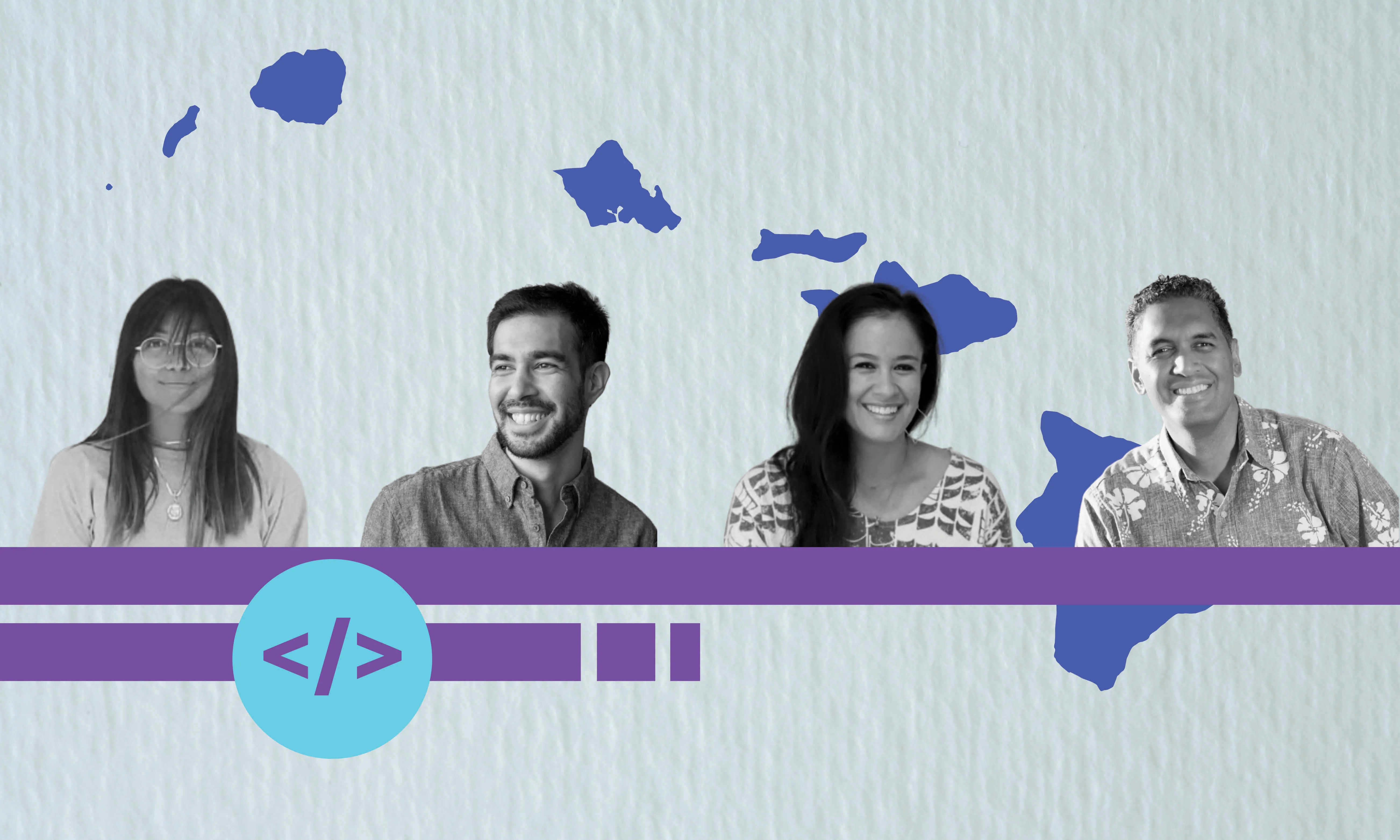What if venture capital dollars were distributed through a model that flipped the power dynamic of traditional investing?
Village Capital is a global non-profit that has operated out of India since 2011, supporting tech startups that are working on solutions to social, economic, and environmental challenges. They unlock critical capital for entrepreneurs at an early stage, helping them get set up for larger venture capital raises.
They do this through a model called peer-selected investment, which involves flipping the power dynamics of traditional venture capital investing, giving Indian entrepreneurs full control over where Village Capital’s investment dollars go. The model has resulted in higher returns and more diversity in Village Capital’s investment and grantmaking portfolio.
Village Capital has operated in South and Southeast Asia since 2011. They have run 16 accelerator programs around civic tech, climate change, financial health, and the future of work. They have run these in more than 10 countries including India but also featuring startups from Bangladesh, Malaysia, Indonesia, Sri Lanka, Thailand, and Vietnam. In total, 190 startups have graduated.
Deepak Menon arrived at Village Capital after 5 years with mDhil Health Info Services, a health startup based in Bangalore, India, where he served as the COO. He has also worked in the nonprofit/social impact and funder space. He has led Village Capital's entrepreneur support program delivery across multiple regions, including India, for the past few years.
What is the Village Capital approach to participatory investing?
The typical venture capital model is broken. A typical VC firm will invest in about a dozen companies for every thousand pitch decks they receive. Investors are often under intense pressure to sort through startups at the “top of the funnel” — so they rely on mental shortcuts and patterns to make investment decisions, many of which are biased
This reliance on “pattern recognition” easily explains the disparity in VC financing between men-led and female-led/founded ventures. We decided to test a hypothesis: What if, instead of relying on investors to “pick winners” we shift the decision making to the entrepreneurs themselves?
By shifting the power dynamics from investors to entrepreneurs, we’ve seen an increase in the diversity of entrepreneurs who benefit from funding through our programs. When you look at our portfolio, diverse ventures make up a far greater percentage than the standard startup portfolio.
What are some of the innovations you’ve supported through this model in India?
We’ve supported startups in India working on everything from economic mobility, to climate adaptation, to equitable access to essential services, sanitation and water services.
As an example, one of our programs in India was an accelerator on civic technology. At the time, we found that there were more than 400 startups in India today that are using technology to improve civic life and processes, from streamlining government services to improving civic engagement. We put out a report that helped define the civic tech sector in India.
How are you working to help others do participatory investing?
We recently made our first investment in India, Haqdarshak, as part of our Financial Health Innovation Fund with MetLife Foundation.
Funded by the MetLife Foundation and managed by Village Capital, the Financial Health Innovation Fund was established to achieve both impact and financial returns, sending a powerful market signal that foundations can use different financial tools to seed the innovation economy.
This represents an evolution for us: Haqdarshak participated in our Civic Tech India Accelerator, and CEO and co-founder Aniket Doegar is currently serving on the Advisory Board of our Financial Inclusion for Migrants program. We couldn’t be more thrilled to have invested in this one-of-a-kind startup that is expanding access to social welfare services across India.



%20(1).webp)









